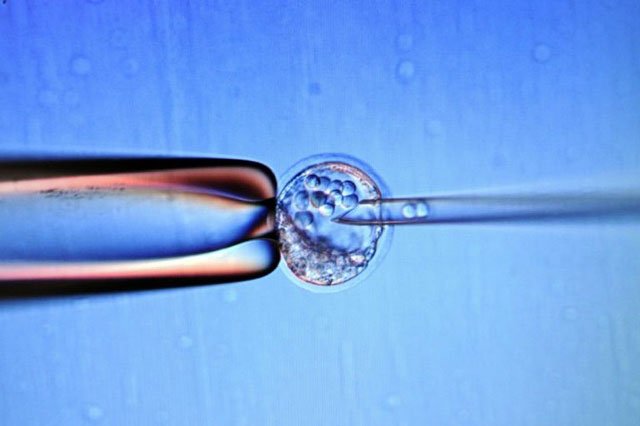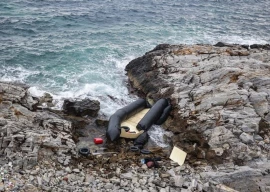
"Our licence committee has approved an application from Dr Kathy Niakan of the Francis Crick Institute to renew her laboratory's research licence to include gene editing of embryos," the Human Fertilisation and Embryology Authority (HFEA) said in a statement.
Niakan has said she is planning to modify the embryos using a technique known as CRISPR-Cas90. The embryos will not become children as they must be destroyed within 14 days and can only be used for basic research.
She plans to find the genes at play in the first few days of fertilisation when an embryo develops a coating of cells that later become the placenta.
The embryos to be used in the research are ones that would have been destroyed, donated by couples receiving In-Vitro Fertilisation (IVF) treatment who do not need them. Researchers were quick to hail the decision.
The project should "assist infertile couples and reduce the anguish of miscarriage," Bruce Whitelaw, professor of animal biotechnology at the University of Edinburgh, told the Science Media Centre.
Sarah Chan from the Usher Institute for Population Health Sciences and Informatics at the University of Edinburgh, said the research "touches on some sensitive issues; therefore it is appropriate that this research and its ethical implications have been carefully considered by the HFEA."
In a research paper published in April last year, Chinese scientists described how they were able to manipulate the genomes of human embryos for the first time, which raised ethical concerns about the new frontier in science.
Junjiu Huang, a gene-function researcher at Sun Yat-sen University in Guangzhou, and colleagues describe how they used the CRISPR-Cas9 technique to modify the genomes of embryos obtained from a fertility clinic.

















COMMENTS
Comments are moderated and generally will be posted if they are on-topic and not abusive.
For more information, please see our Comments FAQ